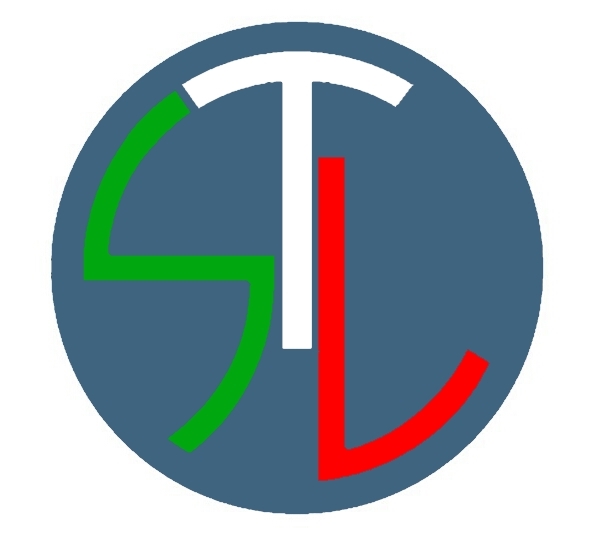As a professional, writing about the IHCDA Annual Certification Carryover Agreement can be a challenge. However, with the right approach and research, it is possible to create an informative and engaging article that will enhance the reader`s understanding of the topic.
What is the IHCDA Annual Certification Carryover Agreement?
IHCDA or the Indiana Housing and Community Development Authority is a government agency responsible for providing affordable housing options for residents of Indiana. IHCDA has various programs and initiatives designed to help low-income families, individuals, and senior citizens with housing and other basic needs.
One of these programs is the Annual Certification Carryover Agreement, which allows property owners and managers to carry over unused Section 42 low-income housing tax credits from one year to the next. This agreement is a valuable tool for property owners and managers who wish to maximize their tax credits and ensure that they are utilizing all available resources to support their affordable housing initiatives.
How does the Annual Certification Carryover Agreement work?
To participate in the Annual Certification Carryover Agreement, property owners and managers must submit an IHCDA Annual Certification form, which outlines their planned use of low-income housing tax credits for the year. This form allows owners to carryover up to 10% of unused tax credits to the following year.
Property owners must also demonstrate that they have maintained compliance with all relevant IHCDA regulations and requirements to qualify for carryover credits. This includes maintaining affordable rent levels, income limits, and tenant eligibility criteria.
Why is the Annual Certification Carryover Agreement important?
The Annual Certification Carryover Agreement is an essential tool for property owners and managers, as it allows them to continue providing affordable housing options for low-income families beyond the initial tax credit allocation year. By utilizing carryover credits, owners and managers can extend the duration of their housing affordability commitments and reduce the number of units that may become market-rate.
Additionally, carryover credits can provide flexibility in planning and budgeting for housing projects, as unused credits can be allocated to future projects or used to supplement existing ones.
Conclusion
The IHCDA Annual Certification Carryover Agreement is an important program for property owners and managers who seek to maintain affordable housing options for low-income families in Indiana. It provides a valuable tool for maximizing tax credits, extending affordability commitments, and planning for future projects. By utilizing carryover credits, property owners and managers can continue to provide a vital service to their communities and ensure that all residents have access to safe and affordable housing options.
